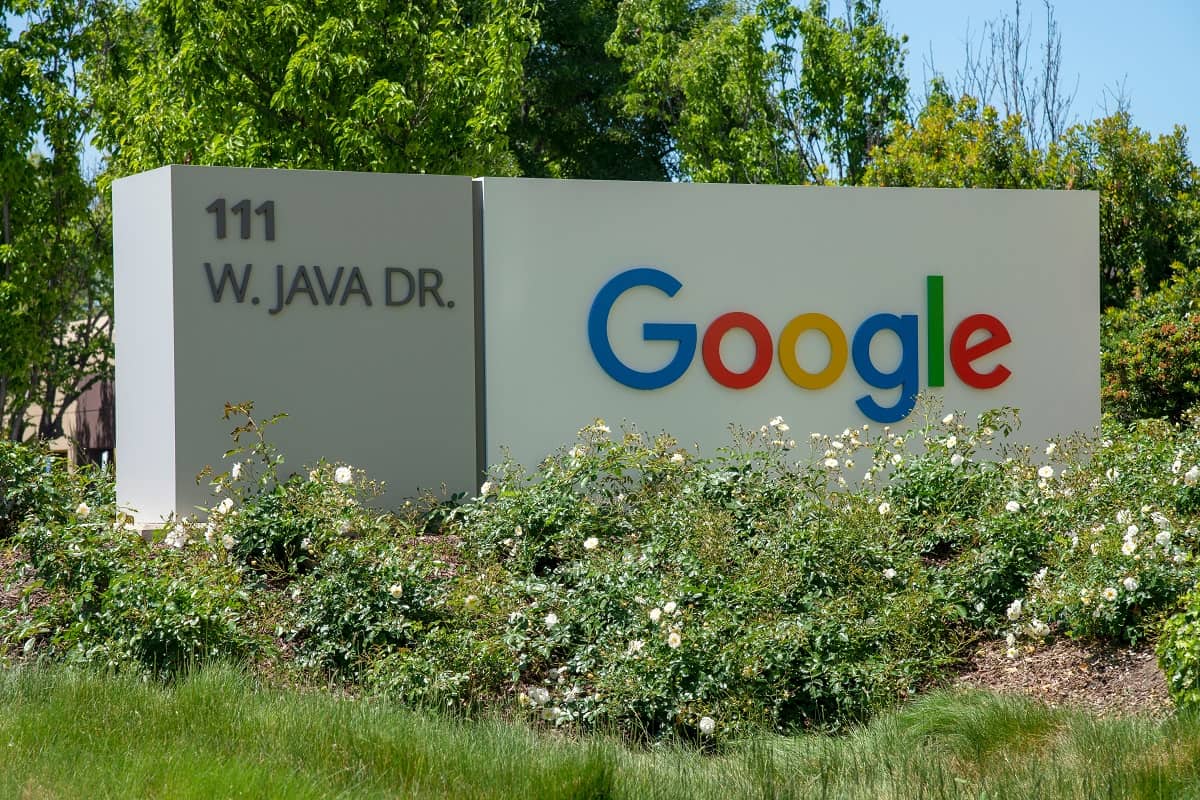Is Link Building Dead or Just Transforming?

Many people in the world of SEO wonder: Is link building dead? With search engine rules always changing, experts discuss whether it’s still effective. They suggest focusing on quality links rather than just getting lots of them. Link building has long been a critical aspect of search engine optimization (SEO). It involves acquiring hyperlinks from other websites to your own, ultimately improving your website’s visibility and authority on search engine result pages (SERPs). Over the years, link building strategies have evolved, leading to debates about its effectiveness and relevance in the modern digital landscape. In this article, I will explore the history of link building, debunk common misconceptions, and discuss the future of this practice.
Key Takeaways
- Link building is a crucial component of SEO, aiding in improving website visibility and authority.
- Strategies for link building have evolved over time, adapting to changes in search engine algorithms.
- There are common misconceptions surrounding link building, including claims that it is dead.
- Link building is not dead but rather transforming, with new strategies emerging.
- Alternative strategies such as forum link building and anchor text optimization can complement traditional link building methods.
The importance of link building for SEO
Link building plays a vital role in SEO by influencing how search engines perceive the relevance and authority of websites. When a website receives many quality backlinks, it signals to search engines that the site is trustworthy and provides valuable content. As a result, search engines are more likely to rank the website higher in their SERPs.
Additionally, links act as pathways for users to discover new websites and navigate between different pages on the internet. This not only enhances user experience but also contributes to the overall credibility of a website.
While link building is just one aspect of SEO, it is a powerful tool in improving organic search rankings and driving targeted traffic to a website.
The evolution of link building strategies
With the continuous evolution of search engine algorithms, link building strategies have undergone significant transformations. In recent years, the emphasis has shifted towards creating valuable and relevant content that naturally attracts backlinks. This approach, known as “link earning,” focuses on building relationships with other website owners and industry influencers, leading to organic link acquisition.
Social media platforms have also influenced link building strategies. Sharing valuable content on platforms like Twitter, LinkedIn, and Facebook can increase the chances of it being shared and linked to by others, amplifying its reach and potential for backlinks.
Furthermore, the rise of visual content and infographics has opened new avenues for link building. Creating visually appealing and informative content increases the likelihood of it being shared, leading to more opportunities for backlinks.
Common link building techniques
Common link building techniques include guest blogging, where you write and publish articles on other websites with a link back to your own site. Another technique is broken link building, where you find broken links on other websites and offer your own content as a replacement. Additionally, creating high-quality content that naturally attracts backlinks is a fundamental strategy in modern link building. By incorporating these techniques and staying up to date with the latest trends, you can effectively enhance your website’s visibility and authority in the digital landscape.
In addition to these common techniques, link building also involves leveraging the power of influencer marketing. Collaborating with influencers in your industry can help you gain exposure to their audience and attract valuable backlinks. Additionally, conducting thorough competitor analysis can provide insights into their link building strategies and help you identify new opportunities for your own website. By staying proactive and adaptable in your approach, you can ensure that your link building efforts remain effective in the ever-changing digital landscape.
In addition to these strategies, it is important to keep an eye on emerging trends in link building. One such trend is the increasing importance of user-generated content. Encouraging your audience to create and share content related to your brand can lead to valuable backlinks and increased visibility. Additionally, leveraging local SEO techniques, such as optimizing for local keywords and obtaining backlinks from local directories, can help boost your website’s visibility in specific geographic areas. By staying informed and adapting your link building strategies accordingly, you can stay ahead of the curve and continue to drive organic growth for your website.
Common misconceptions about link building
Despite the continuous evolution of link building strategies, there are still misconceptions that surround this practice. One common misconception is that link building is dead. This notion stems from the belief that search engines have become too advanced to rely on backlinks as a ranking factor.
However, search engines like Google have repeatedly confirmed that backlinks remain an essential ranking signal. While other factors such as content quality and user experience have gained importance, backlinks still play a significant role in determining a website’s authority and relevance.
Another misconception is that link building is a quick-fix strategy. In reality, link building requires time, effort, and a thoughtful approach. Building genuine relationships with other website owners and consistently creating valuable content are crucial for successful link building campaigns.
Is link building dead? Debunking the myth
Contrary to popular belief, link building is not dead. It has merely evolved to adapt to changing search engine algorithms and user behavior. As search engines become more sophisticated, the focus has shifted towards quality over quantity. Acquiring a few high-quality backlinks from authoritative websites can have a more significant impact than hundreds of low-quality links.
While it is true that spammy link building practices are no longer effective and can even harm a website’s rankings, ethical link building strategies continue to deliver results. The key lies in building genuine relationships, creating valuable content, and promoting it effectively.
The future of link building in 2024 and beyond
Looking ahead, the future of link building will likely involve a combination of traditional and emerging strategies. As search engines become even more sophisticated, they may place greater emphasis on user signals and engagement metrics, such as social shares and user reviews, in addition to backlinks.
Alternative strategies to traditional link building will also gain prominence. Forum link building, for example, can be an effective approach when done correctly. Engaging in relevant industry forums, contributing valuable insights, and including a link to your website in your forum signature can generate targeted traffic and potential backlinks.
Additionally, optimizing anchor text, the clickable text in a hyperlink, will continue to be important. Using relevant keywords in anchor text can provide search engines with additional context about the linked page’s content, further enhancing its visibility in search results.
How to adapt your link building strategy for the future
To adapt your link building strategy for the future, consider the following:
- Focus on quality over quantity: Prioritize acquiring high-quality backlinks from authoritative websites rather than pursuing a large number of low-quality links.
- Build relationships: Engage with other website owners, influencers, and industry experts to foster genuine relationships that can lead to organic link acquisition.
- Create valuable content: Invest in creating informative and engaging content that naturally attracts backlinks. This can include blog posts, videos, infographics, and interactive tools.
- Leverage social media: Share your content on social media platforms to increase its visibility and encourage others to link to it.
- Monitor and adapt: Continuously monitor your link building efforts, analyze the impact of different strategies, and adapt as needed to stay ahead of evolving search engine algorithms.
Conclusion: Link building is transforming, not dead
In conclusion, link building remains a vital aspect of SEO, despite the misconceptions that surround it. While strategies have evolved, link building continues to play a significant role in improving website visibility, authority, and organic search rankings.
Rather than being dead, link building has transformed to adapt to the changing digital landscape. Ethical and sustainable practices that focus on quality, relationships, and valuable content are essential for successful link building campaigns.
As we look towards the future, it is crucial to stay informed about emerging strategies and adapt our link building strategies accordingly. By embracing the evolving nature of link building, we can continue to enhance our website’s visibility, authority, and overall success in the digital realm.
FAQs
Q: Is link building dead in 2024?
A: No, link building is not dead in 2024. It has transformed and adapted to the changing digital landscape, focusing on quality, relationships, and valuable content.
Q: Is forum link building still effective?
A: Forum link building can still be effective when done correctly. Engaging in relevant industry forums, providing valuable insights, and including a link to your website in your forum signature can generate targeted traffic and potential backlinks.
Q: What is the role of anchor text in link building?
A: Anchor text is the clickable text in a hyperlink. It provides additional context to search engines about the linked page’s content. Optimizing anchor text with relevant keywords can enhance the visibility of the linked page in search results.
Q: How should I adapt my link building strategy for the future?
A: To adapt your link building strategy for the future, focus on quality over quantity, build relationships with website owners and influencers, create valuable content, leverage social media, and continuously monitor and adapt your strategies based on evolving search engine algorithms.





